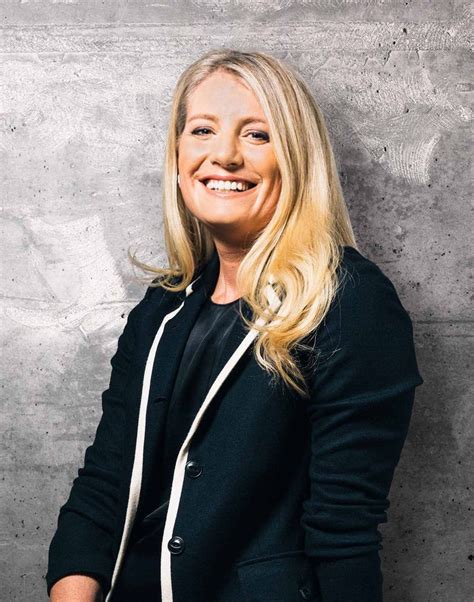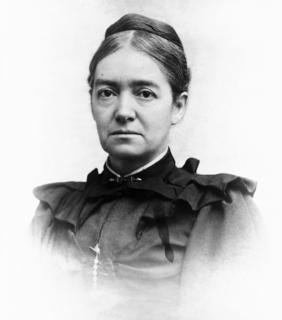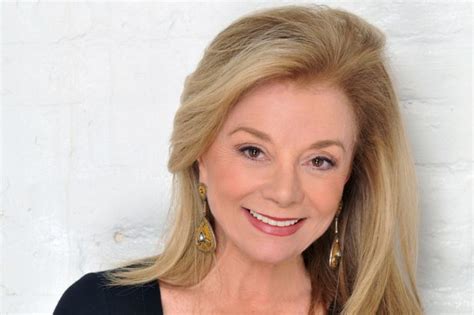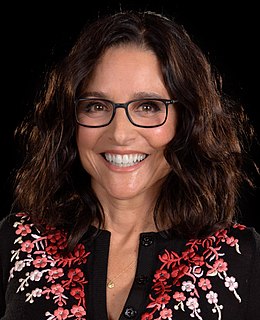A Quote by Eileen Pollack
We forget how recently astronomers figured out what the stars are made of, what makes them shine, how distant they are, how they are born, and whether they remain immutable or evolve and die.
Related Quotes
One of the primary ways that astronomers study stars is to spread their light out into a rainbow, which we call a spectrum, and from that rainbow, we can learn something about what the stars are composed of and how hot they are, how bright they are, and how they're moving, at least how they're moving toward or away from us.
What the meat industry figured out is that you don't need healthy animals to make a profit. Sick animals are more profitable... Factory farms calculate how close to death they can keep animals without killing them. That's the business model. How quickly they can be made to grow, how tightly they can be packed, how much or how little can they eat, how sick they can get without dying...We live in a world in which it's conventional to treat an animal like a block of wood.
If you recognize how you are most effective - whether it's how you present yourself or whether it's how you speak, how you convey enthusiasm - when you realize what makes you feel like your most confident self, that's when you are going to be your best. You just have to figure out what makes you effective in your environment. As long as you get that right, they are always going to remember you a lot more!
No matter how well-born, how intelligent, how highly educated, how virtuous, how rich, how refined, the women of to-day constitutea political class below that of every man, no matter how base-born, how stupid, how ignorant, how vicious, how poverty-stricken, how brutal. The pauper in the almshouse may vote; the lady who devotes her philanthropic thought to making that almshouse habitable, may not. The tramp who begs cold victuals in the kitchen may vote; the heiress who feeds him and endows universities may not.
In astrophysics, we care about how matter, motion and energy manifest in objects and phenomenon in the universe. Stars are born. They live out their lives. They die. Some of the ones that die explode. Our sun will not be one of those, but it will die. And it'll take Earth with us. So we make sure we have other destinations in mind when that happens. And I've got it on my calendar.
If I get stuck, I look at a book that tells me how someone else did it. I turn the pages, and then I say, 'Oh, I forgot that bit,' then close the book and carry on. Finally, after you've figured out how to do it, you read how they did it and find out how dumb your solution is and how much more clever and efficient theirs is!
What does it matter how cultivated and up-to-date we are, or how many thousands of books we’ve read? What matters is how we feel, how we see, what we do after reading; whether the street and the clouds and the existence of others mean anything to us; whether reading makes us, physically, more alive.







































